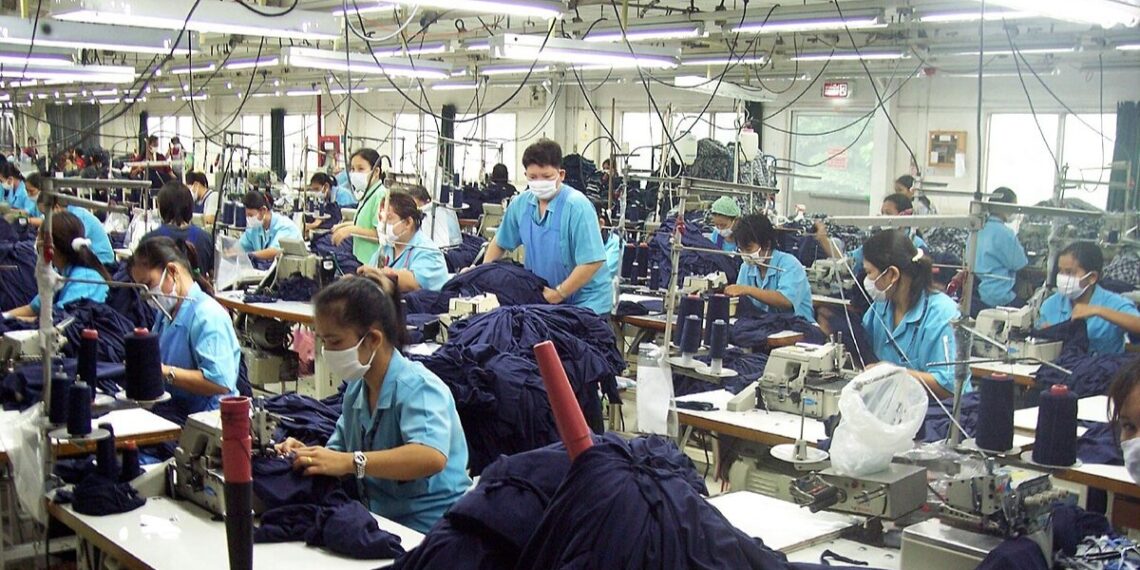No products in the basket.
Thailand is considering raising its national minimum wage to 400 Thai Baht, which is approximately equivalent to 11.7 US Dollars.
Key takeaways
- Minimum Wage Increase Thailand will increase its nationwide minimum wage to THB400 (US$11.7) per day starting October 1, 2024
- Significant Raise This increase represents a notable hike of about 14% compared to previous rates, which were between 330 and 370 THB per day
- Companies with fewer than 200 employees will not be subject to the wage increase for their employees.
The Minister of Labour of Thailand, Phiphat Ratchakitprakarn, explained that the increase will come into effect from October 1.
Phiphat added that after discussions with business operators and a study conducted by the subcommittee established by the Ministry of Labour, the agency confirmed that the national minimum wage increase will take effect on October 1 as planned.
The study conducted by the Social Security Office (SSO) confirmed that the increase should apply to companies or factories with at least 200 workers.
Companies with fewer than 200 employees will not be subject to the wage increase for their employees. The Minister of Labour of Thailand concluded by explaining the possibility of seeking cooperation from financial institutions to provide low-interest credit to companies to help maintain their business liquidity and cash flow after the increase takes effect.
While some welcome the increase as a means to improve the lives of low-wage workers, others express concern about its potential negative impact on businesses.
- Concerns: Some businesses worry that the wage hike could lead to job losses and higher inflation.
- Previous Increases: In April 2024, the minimum wage was raised by an average of 2.4%, with rates ranging from 330 to 370 baht per day.
- Government’s Stance: The Thai government plans to increase the minimum wage to 400 baht despite concerns from the business sector.
Thailand’s labor market development
Thailand’s job market is characterized by a mix of opportunities and challenges. The country’s unemployment rate has returned to pre-pandemic levels, hovering below 1%, significantly lower than many of its Southeast Asian neighbors. This low unemployment rate indicates a tight labor market, making it challenging for companies to find and retain skilled workers.
One of the key trends in 2024 is the heightened competition for top-tier talent. Companies are increasingly focusing on attracting candidates who align with their values, particularly in areas such as sustainability and corporate social responsibility.
The demand for roles in environment, social, and governance (ESG), sales and marketing, and technology sectors is particularly high. As businesses strive to adapt to global sustainability trends, professionals with expertise in these areas are in high demand. Additionally, the healthcare, retail, and automotive sectors are actively seeking skilled professionals to support their growth and development.
Discover more from Thailand Business News
Subscribe to get the latest posts sent to your email.












